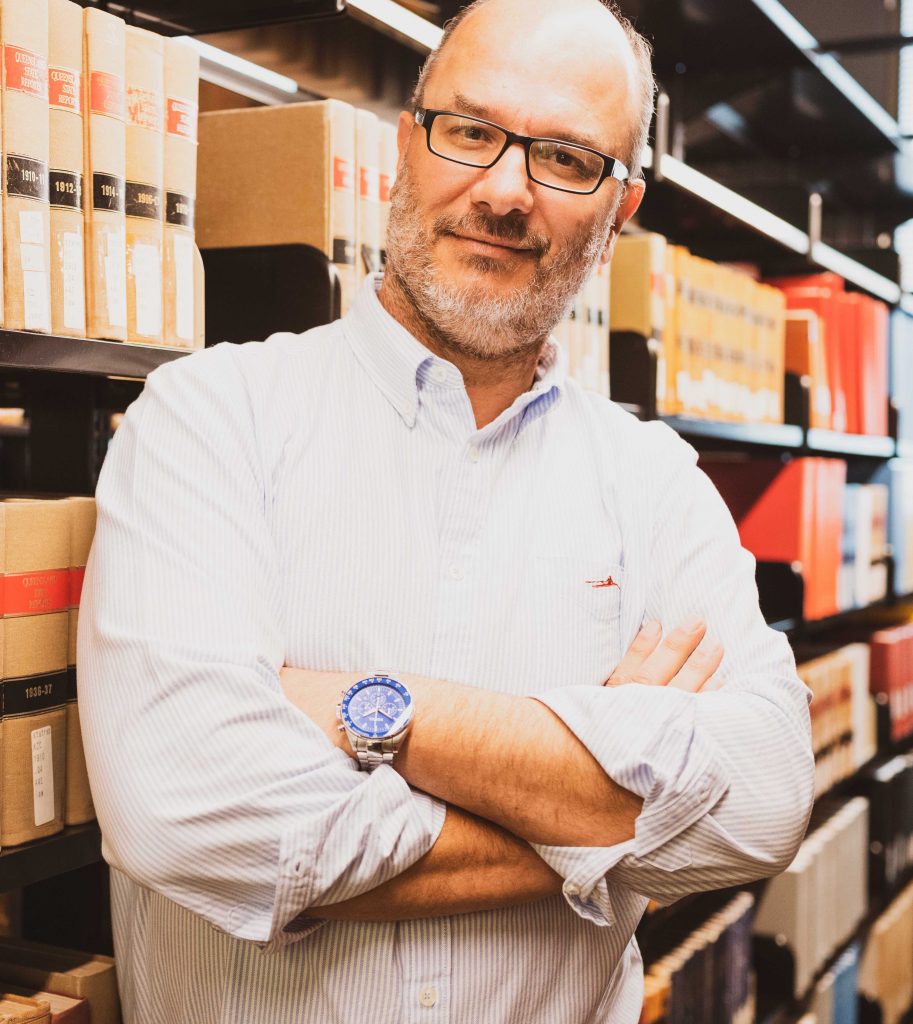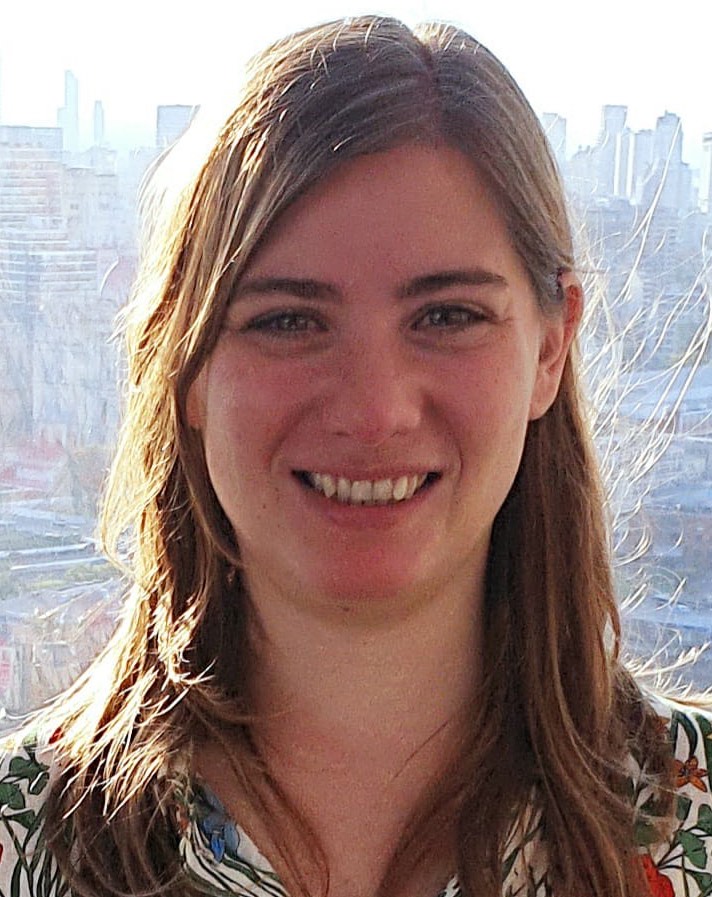Understanding Religious Freedom: Why Does It Matter?

Nicholas Aroney is a professor of constitutional law at The University of Queensland, a senior fellow of the Centre for Law and Religion at Emory University, and a fellow of the Academy of the Social Sciences in Australia and the Australian Academy of Law. The following post is based on his remarks during the panel “Understanding Religious Freedom: Why Does It Matter?” at the ICLRS 31st Annual International Law and Religion Symposium, 7 October 2024.
We live in a time when it is especially important to understand religious freedom and why it matters. There are places today where religious freedom is not regarded as a constitutional principle either because the official policy of the state is to enforce a form of secular atheism or because the official policy is to enforce a particular religion to the exclusion of all others.


